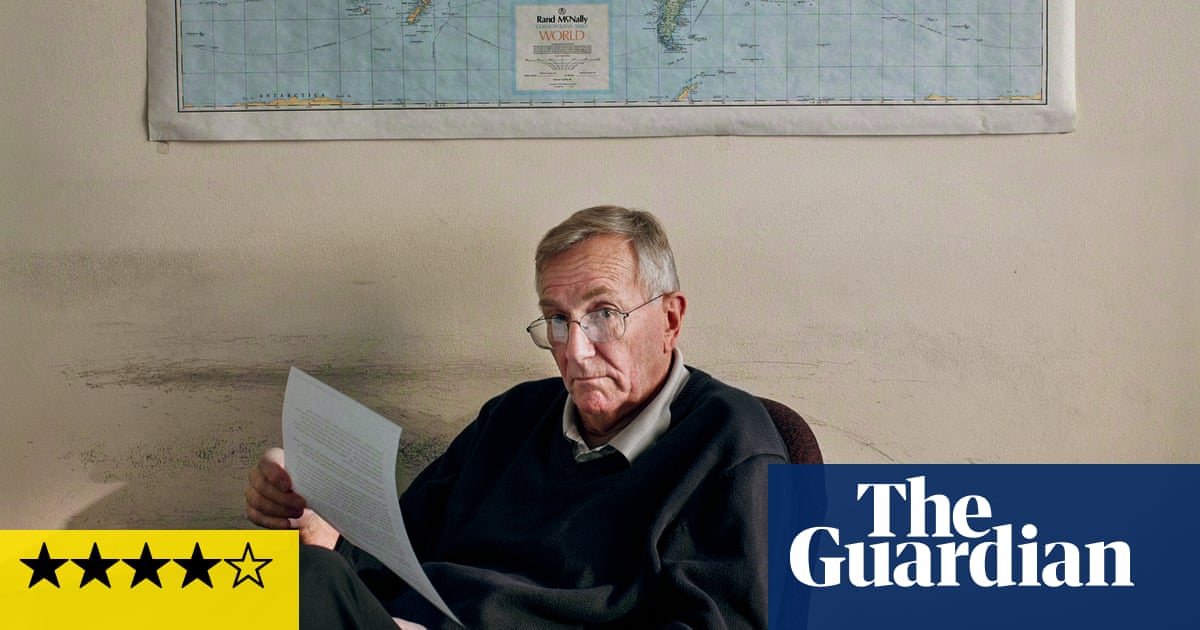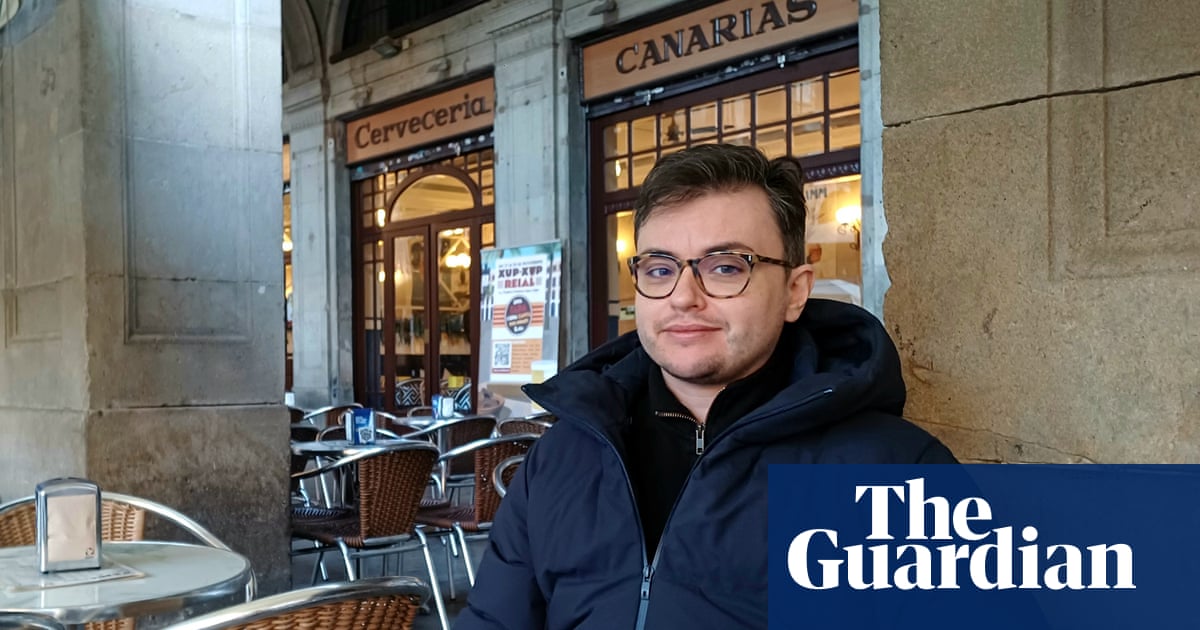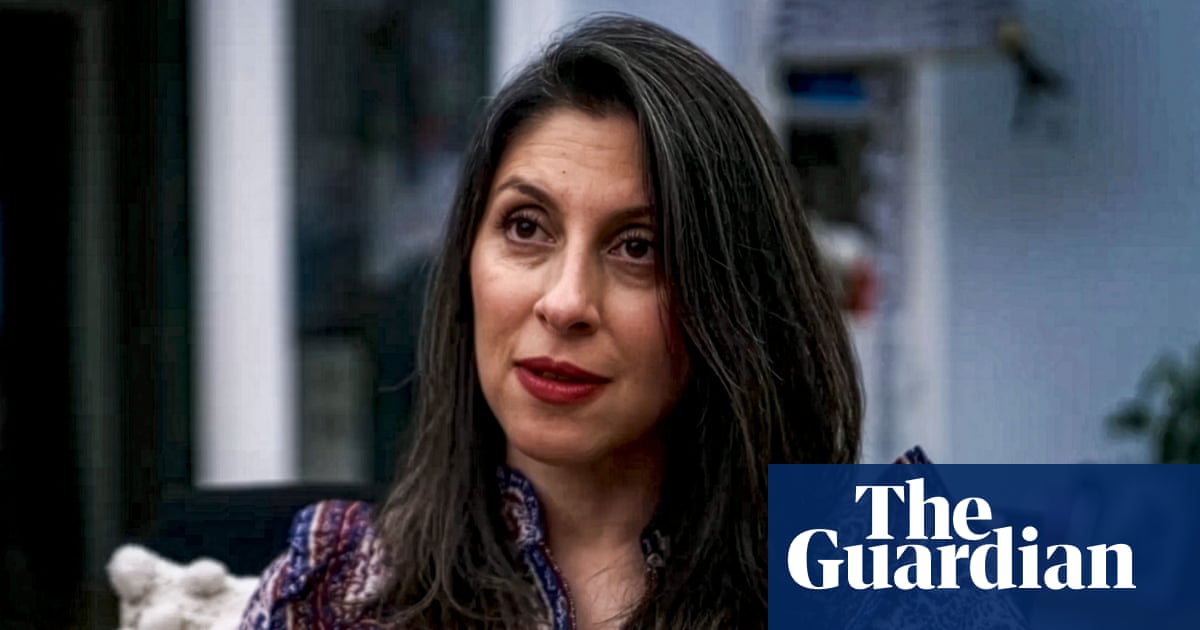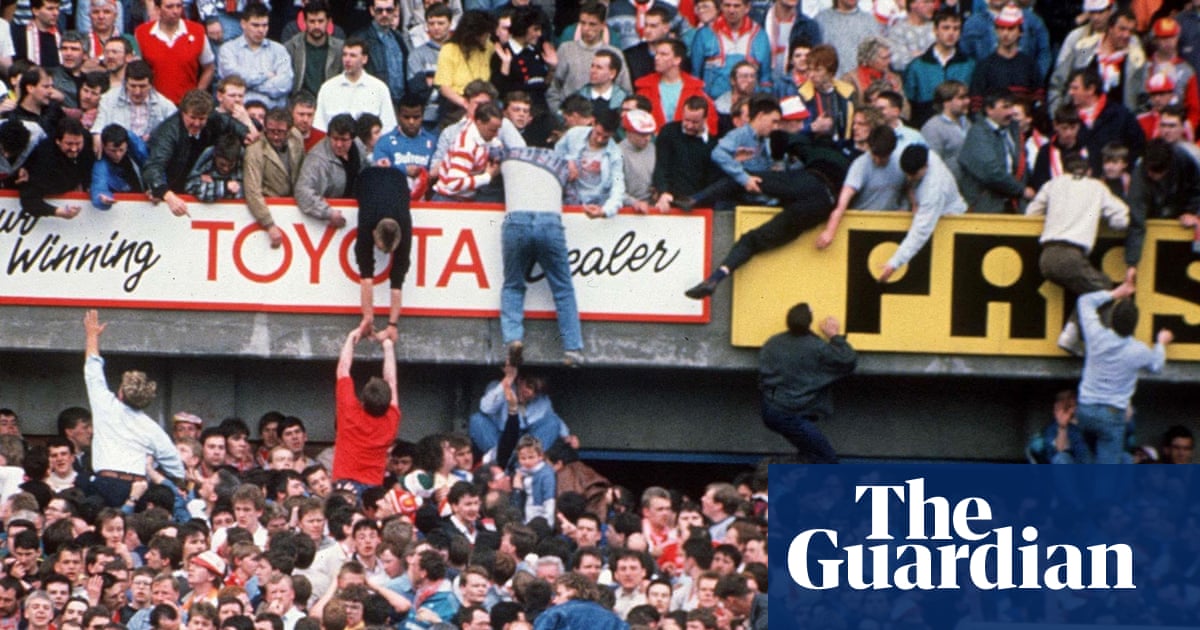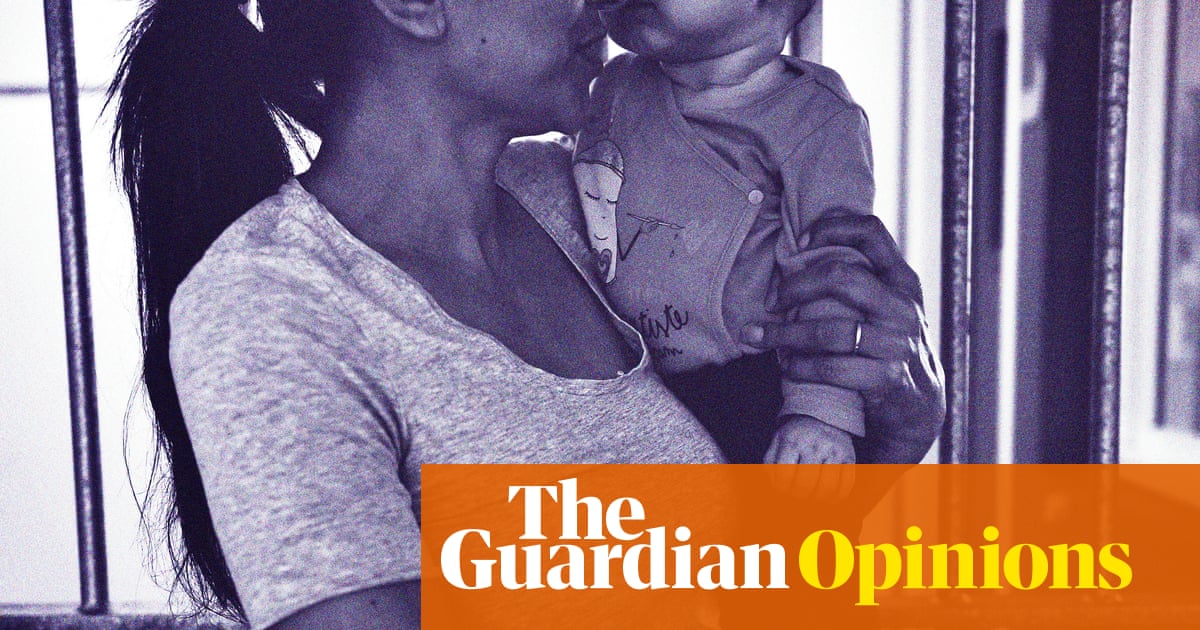Families say bodies of three hostages identified
The families of former Gaza hostages Ouriel Baruch, Eitan Levy and Tamir Nimrodi, posted statements on social media after Israel’s forensic research laboratory confirmed the identities.
The identity of a fourth body returned by Hamas late on Tuesday is yet to be confirmed, reports Agence France-Presse (AFP).
“It is with immense sadness and pain that we announce the return of the body of our beloved Ouriel Baruch from the Gaza Strip, after two long years of prayer, hope, and faith,” said the family of the Jerusalem resident who was kidnapped on 7 October 2023, at the Nova music festival at the age of 35.
Tamir Nimrodi and Eitan Levy’s relatives also announced the return of their remains to Israel. Tamir’s father Alon Nimrodi wrote on Facebook:
It is with a broken heart and unbearable grief that we announce that the body of Tamir, my eldest and beloved son, was brought back from Gaza [yesterday].
Tamir was a soldier captured at age 18 from a military base on the border with Gaza.
Eitan Levy’s family announced the return of the remains of the 53-year-old taxi driver who was killed after dropping off a friend at kibbutz Be’eri on the morning of the Hamas attack. His remains were taken into Gaza the same day.
Israel’s television channel 12 on Wednesday said that the remains of the fourth hostage returned on Tuesday were that of a Gaza resident, which authorities did not immediately confirm.
Key events Show key events only Please turn on JavaScript to use this feature
Under Gaza’s ceasefire deal, Israel freed dozens of doctors, nurses, paramedics and other medical personnel seized during raids on hospitals. But more than 100 remain in Israeli prisons, including Dr Hossam Abu Safiya, a hospital director who became the face of the struggle to keep treating patients under Israeli siege and bombardment, reports the Associated Press (AP)
Despite widespread calls for his release, Abu Safiya was not among the hundreds of Palestinian detainees and prisoners freed on Monday in exchange for 20 hostages held by Hamas. Abu Safiya, director of Kamal Adwan hospital in northern Gaza, has been imprisoned without charge by Israel for nearly 10 months, reports the AP.
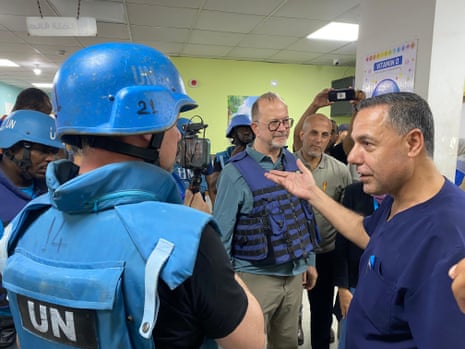
Health Workers Watch, which documents detentions from Gaza, said 55 medical workers – including 31 doctors and nurses – were on lists of detainees from Gaza being freed on Monday, though it could not immediately be confirmed all were released. The group said at least 115 medical workers remain in custody, as well as the remains of four who died while in Israeli prisons, where rights groups and witnesses have reported frequent abuse.
Cheering staff from al-Awda hospital carried on their shoulders their released director, Ahmed Muhanna, who was held by Israel for about 22 months since being seized in a raid on the facility in northern Gaza in late 2023.
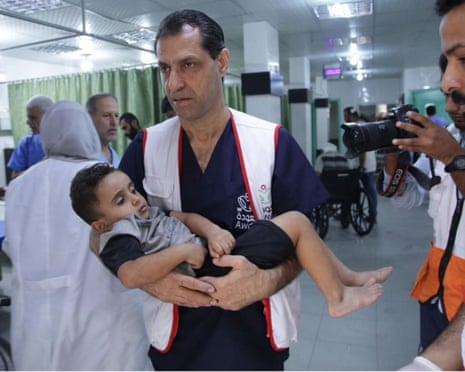
“Al-Awda hospital will be restored, its staff will rebuild it with their own hands. . … I am proud of what we have done and will do,” Muhanna told well-wishers, his face visibly gaunter than before his detention, according to video posted on social media and seen by the AP.
Al-Awda hospital, damaged during multiple offensives in the largely leveled Jabaliya refugee camp, has been shut down since May, when it was forced to evacuate during Israel’s latest offensive.
Families say bodies of three hostages identified
The families of former Gaza hostages Ouriel Baruch, Eitan Levy and Tamir Nimrodi, posted statements on social media after Israel’s forensic research laboratory confirmed the identities.
The identity of a fourth body returned by Hamas late on Tuesday is yet to be confirmed, reports Agence France-Presse (AFP).
“It is with immense sadness and pain that we announce the return of the body of our beloved Ouriel Baruch from the Gaza Strip, after two long years of prayer, hope, and faith,” said the family of the Jerusalem resident who was kidnapped on 7 October 2023, at the Nova music festival at the age of 35.
Tamir Nimrodi and Eitan Levy’s relatives also announced the return of their remains to Israel. Tamir’s father Alon Nimrodi wrote on Facebook:
It is with a broken heart and unbearable grief that we announce that the body of Tamir, my eldest and beloved son, was brought back from Gaza [yesterday].
Tamir was a soldier captured at age 18 from a military base on the border with Gaza.
Eitan Levy’s family announced the return of the remains of the 53-year-old taxi driver who was killed after dropping off a friend at kibbutz Be’eri on the morning of the Hamas attack. His remains were taken into Gaza the same day.
Israel’s television channel 12 on Wednesday said that the remains of the fourth hostage returned on Tuesday were that of a Gaza resident, which authorities did not immediately confirm.
By Monday night, Hamas had released four bodies, and four more followed late on Tuesday.
Of that second group of four bodies, three were identified, a group that represents many of their families said on Wednesday. The Hostages Family Forum, a group representing many of the hostages’ families, said the three were Uriel Baruch, Tamir Nimrodi and Eitan Levi.
Baruch was kidnapped from the Nova music festival during the Hamas-led attack on Israel on 7 October 2023.
Nimrodi, who had been serving with the Israeli defence body overseeing humanitarian aid in Gaza, was taken by militants from the Erez border crossing. The forum says Levi was kidnapped while driving a friend to kibbutz Be’eri during the Hamas attack.
Israelis are identifying the second group of bodies handed over by Hamas as tenuous truce holds
Israel on Wednesday identified more bodies of dead hostages that were handed over by Hamas a day earlier to ease pressure on a fragile ceasefire in its war with Israel. The handover came after an Israeli military agency warned it would cut aid deliveries to Gaza as the militant group was not returning the remains as agreed.
Three of four bodies handed over on Tuesday night were identified as Israeli hostages but the identity of the fourth remained in question, reports the Associated Press (AP).
Israeli prime minister Benjamin Netanyahu demanded that Hamas fulfil the requirements laid out in the ceasefire deal – introduced by US president Donald Trump – about the return of the hostages’ bodies. Netanyahu said:
We will not compromise on this and will not stop our efforts until we return the last deceased hostage, until the last one.
The US-proposed ceasefire plan had called for all hostages – living and dead – to be handed over by a deadline that expired on Monday. But under the deal if that did not happen, Hamas was to share information about deceased hostages and try to hand over all as soon as possible.
On Monday, Israelis celebrated the return of the last 20 living hostages in Gaza and Palestinians rejoiced at Israel’s release of 2,000 prisoners and detainees as part of the ceasefire’s first phase.
But families of hostages and their supporters expressed dismay that the 28 dead hostages were not all returned. Hamas and the Red Cross have said that recovering the remains of dead hostages was a challenge because of Gaza’s vast destruction, and Hamas told mediators of the deal that some are in areas controlled by Israeli troops.
Trump says Hamas will be forced to disarm or ‘we will disarm them'

Andrew Roth
Donald Trump has said that Hamas will be forced to disarm after questions swirled around the group’s status following the signing of a ceasfire deal meant to bring an end to the war in Gaza.
Speaking with reporters on Tuesday, Trump said:
If they don’t disarm, we will disarm them and it will happen quickly and perhaps violently.
“But they will disarm, do you understand me?” he added, saying it should take place in a “reasonable period of time”.
As a Trump-brokered ceasefire comes into effect in Gaza this week, one of the greatest question marks remains the White House’s plans to force Hamas to disarm and leave Gaza if and when the second phase of his 20-point deal comes into effect.
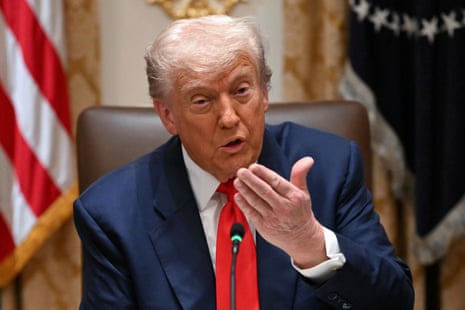
The US president’s own remarks had suggested the group may continue to play a limited role in Gaza, as revelations surfaced of a direct meeting between White House envoys and Hamas negotiators in the highest-level summit ever held between the two sides.
Earlier this week, he admitted the group would have a “limited role” in maintaining order in the short term, raising questions about how the White House may seek to wrangle a peace deal that attempts to restrain Hamas and Israel from resuming the conflict.
Video released on Tuesday by Hamas showed the group’s members executing eight blindfolded, bound and kneeling men whom it called “collaborators and outlaws”. Agence France-Presse, which reported the video, said Hamas was targeting “Palestinian criminal gangs and clans” in Gaza after the signing of a ceasefire between the group and Israel.
Aboard Air Force One, Trump told reporters Hamas would continue to have a limited role in enforcing security operations before phase two of the peace deal started, despite the fact his 20-point deal expressly said that the group will disarm and abandon its aim to control the Gaza Strip.
Trump said:
[Hamas] are standing because they do want to stop the problems, and they’ve been open about it, and we gave them approval for a period of time.
The rebuilding of Gaza, he said, would be dangerous and difficult, suggesting the US needed to work with forces on the ground to make that possible.
Opening summary
Israel has reportedly decided to proceed with opening the Rafah crossing between Gaza and Egypt and allowing the transfer of humanitarian aid into Gaza, after the return of the bodies of four hostages, according to Israeli public broadcaster Kan.
On Tuesday Israel said the flow of aid into the Gaza would be cut by half and the crucial Rafah border crossing with Egypt would not open as planned, blaming Hamas for delays in the return of bodies of hostages.
But after the militant group handed over the remains of four hostages to the International Committee of the Red Cross on Tuesday night, bringing to eight the number of bodies transferred since the US-brokered ceasefire took hold, Israel changed tack, according to Kan and other media in Israel. Hamas has said it was facing obstacles as not all the burial sites had been identified.
Kan said on its website without citing sources:
Six hundred trucks of humanitarian aid will be dispatched [Wednesday] to the Gaza Strip by the UN, approved international organisations, the private sector and donor countries.
Here is where things stand on Wednesday morning in the Middle East:
-
Hamas handed over four more bodies of Israeli hostages on Tuesday evening as Israel threatened to reduce aid into Gaza over delays to the release of remains. The Israeli military said in a statement: “According to information provided by the Red Cross, four coffins of deceased hostages have been transferred into their custody and are on their way to IDF [military] and ISA [security agency] forces in the Gaza Strip.”
-
Four bodies returned earlier were named as Yossi Sharabi, Daniel Peretz, Guy Iluz and Bipin Joshi.
-
Donald Trump has warned that Hamas must disarm or “we will disarm them”, after he earlier declared that phase two of his ceasefire agreement for Gaza “begins right now”. “They said they were going to disarm, and if they don’t disarm, we will disarm them,” the US president told reporters. Asked how he would do that, Trump said: “I don’t have explain that to you, but if they don’t disarm, we will disarm them. They know I’m not playing games.” Trump added that could happen “quickly and perhaps violently”.
-
Re-emergent Hamas fighters have demonstrated they were reasserting control in Gaza by deploying hundreds of security forces in the streets and executing several people they accused of collaborating with Israel.
-
A nephew of late Palestinian leader Yasser Arafat has returned to the West Bank after four years of self-exile, outlining a roadmap to secure peace in Gaza with Hamas transforming into a political party and declaring his readiness to help govern. Nasser al-Qudwa, a prominent critic of the current Palestinian leadership, also urged “a serious confrontation of corruption in this country”.
-
Some of the near 2,000 Palestinian prisoners and detainees released on Monday are suffering from a range of health problems they developed during years in Israeli detention, doctors and freed prisoners in the occupied West Bank told the Associated Press. The Palestine Medical Complex in Ramallah received 14 men released on Monday as part of the exchange and discharged all but two. Nasser hospital in Gaza also said the Red Cross transferred the bodies of 45 Palestinians to its morgue. The bodies were the first of an expected 450 to arrive.
-
The European Union should maximise its influence in Gaza’s recovery process and join a US-proposed “board of peace” intended to temporarily oversee governance of the territory, the EU’s diplomatic arm said in a document seen by Reuters. Israel and Hamas carried out a hostage-prisoner exchange on Monday and a ceasefire is in force under the first phase of president Donald Trump’s 20-point initiative for Gaza after two years of war.
-
The Israel-Hamas ceasefire deal that halts two years of armed conflict in Gaza presents an opportunity for a lasting economic recovery in the region, the International Monetary Fund’s (IMF) deputy chief economist said on Tuesday. Petya Koeva-Brooks said the IMF stands ready to cooperate with the international community on the recovery of Gaza and regional economies that have been deeply affected by the conflict, including Egypt and Jordan.

.png) 1 month ago
41
1 month ago
41










